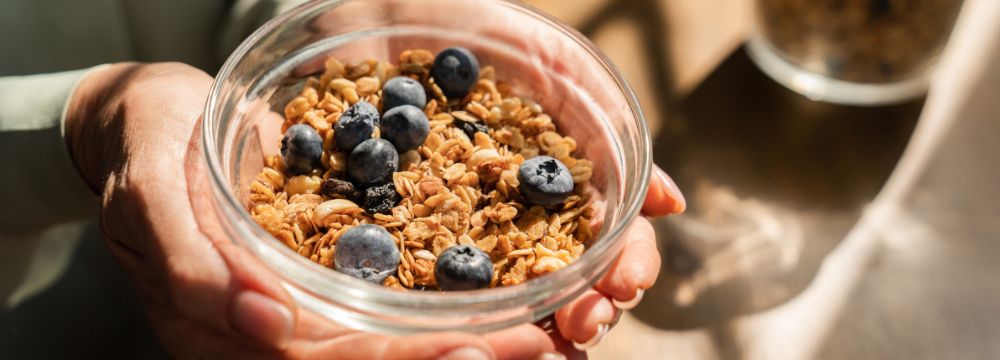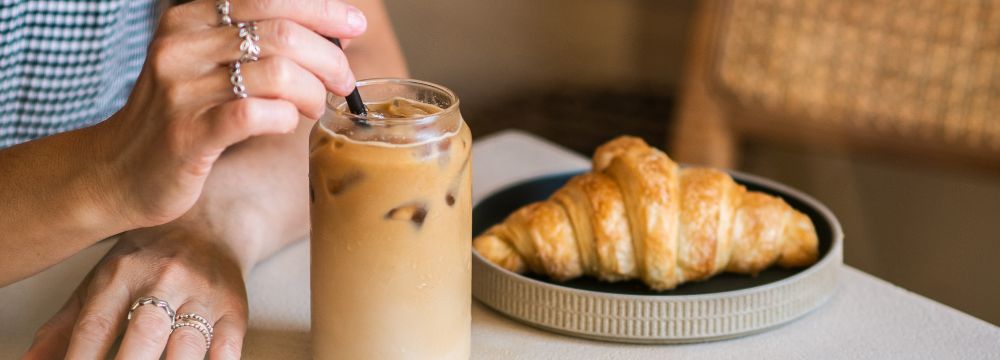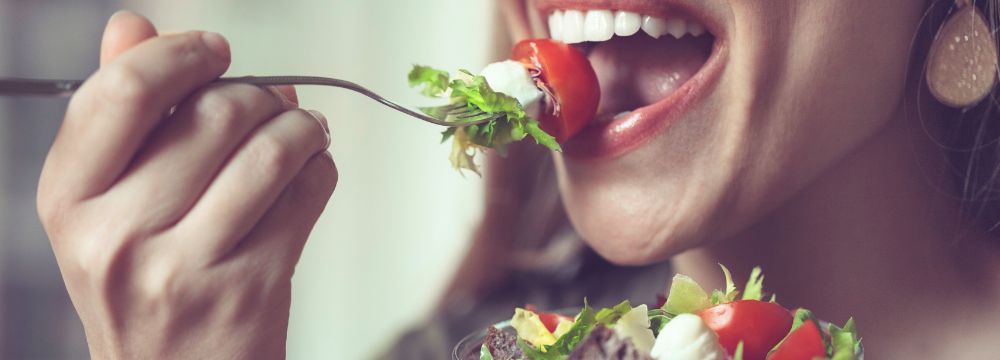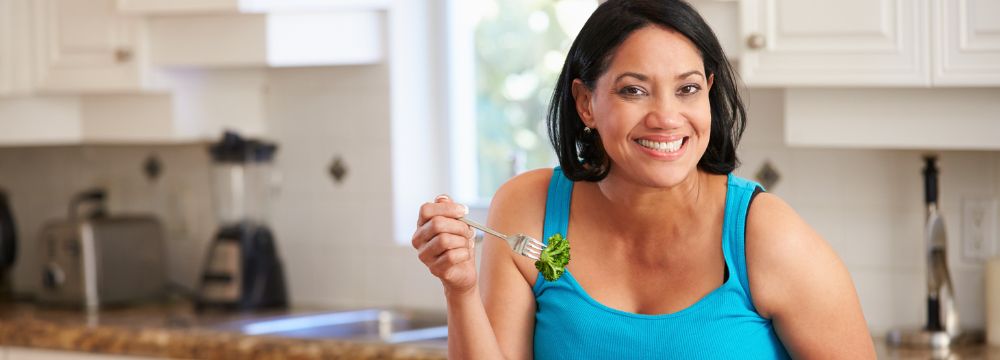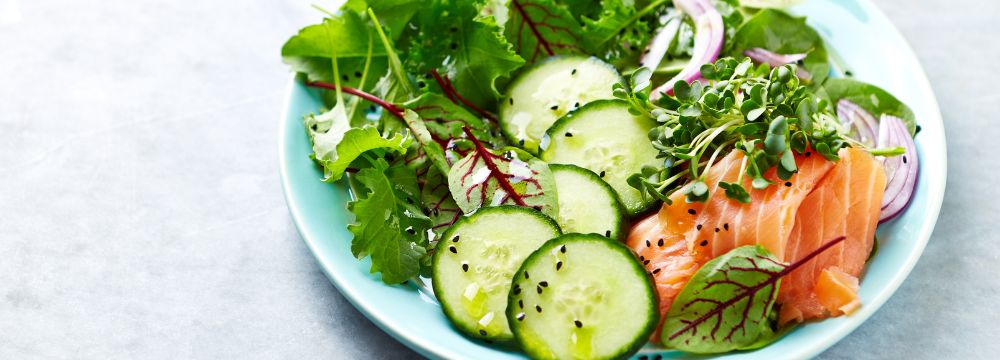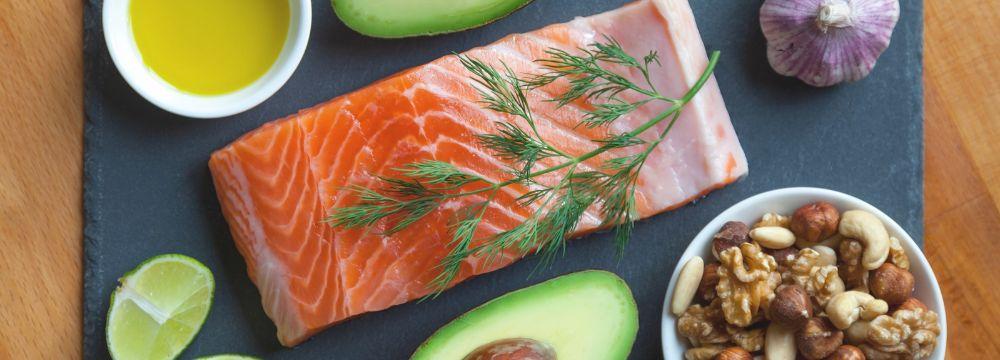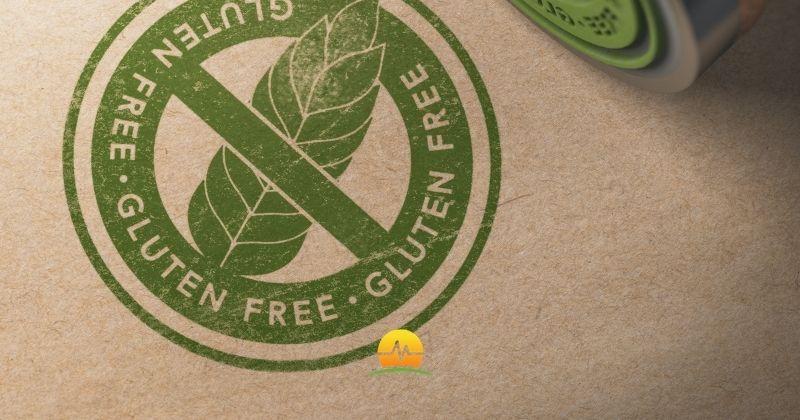
Many patients begin to consider eliminating certain items from their diets. Often very high on the list is gluten. Gluten is a byproduct of wheat and is contained in most breads as well as a host of other items. In fact, gluten is almost ubiquitous and very difficult to avoid. There’s even gluten in Play-Doh! With that being said, someone who is committed to a gluten-free diet can enjoy a number of foods that are made specifically for those who suffer from gluten sensitivity or celiac disease. With greater awareness of these conditions, more and more products have been brought to market that both taste good and make a pretty good substitute for bread.
So, does going gluten-free make a difference in your diet or weight?
This is a bit harder to quantify. For those with a gluten sensitivity or celiac disease, gluten can wreak havoc on the G.I. system and ultimately create discomfort and problems that may in fact increase bloating and excess weight. This discomfort can make it harder for patients to lose weight.
However, for those who are not gluten intolerant, there may be very little benefit to eliminating gluten from their diet completely. If one consumes the same number of carbs – gluten or not – the likelihood is that they will not lose weight from eliminating gluten alone. In fact, there is the risk that patients, believing they are pursuing a healthier lifestyle, actually eat more carbs, just in the form of a gluten-free item.
If you believe that you may have gluten sensitivity or that gluten may be contributing to problems with your G.I. tract, a great way to find out is by starting an elimination diet. Elimination diets start by removing all foods that can cause upset including gluten, dairy, sugar and more. Slowly, over time, you start to re-introduce these foods one at a time, for a week at a time. If you find that your body reacts poorly to the addition of one of these items, you may be experiencing a sensitivity. At this point, speaking to your primary care physician or allergy specialist may be an appropriate option to confirm the diagnosis.
Of course, whether you’ve had bariatric surgery or not, starting an illumination diet does require the knowledge and supervision of your physician to ensure you pursue it safely. Do not try any significant changes in your dietary habits without consulting a qualified medical expert.
